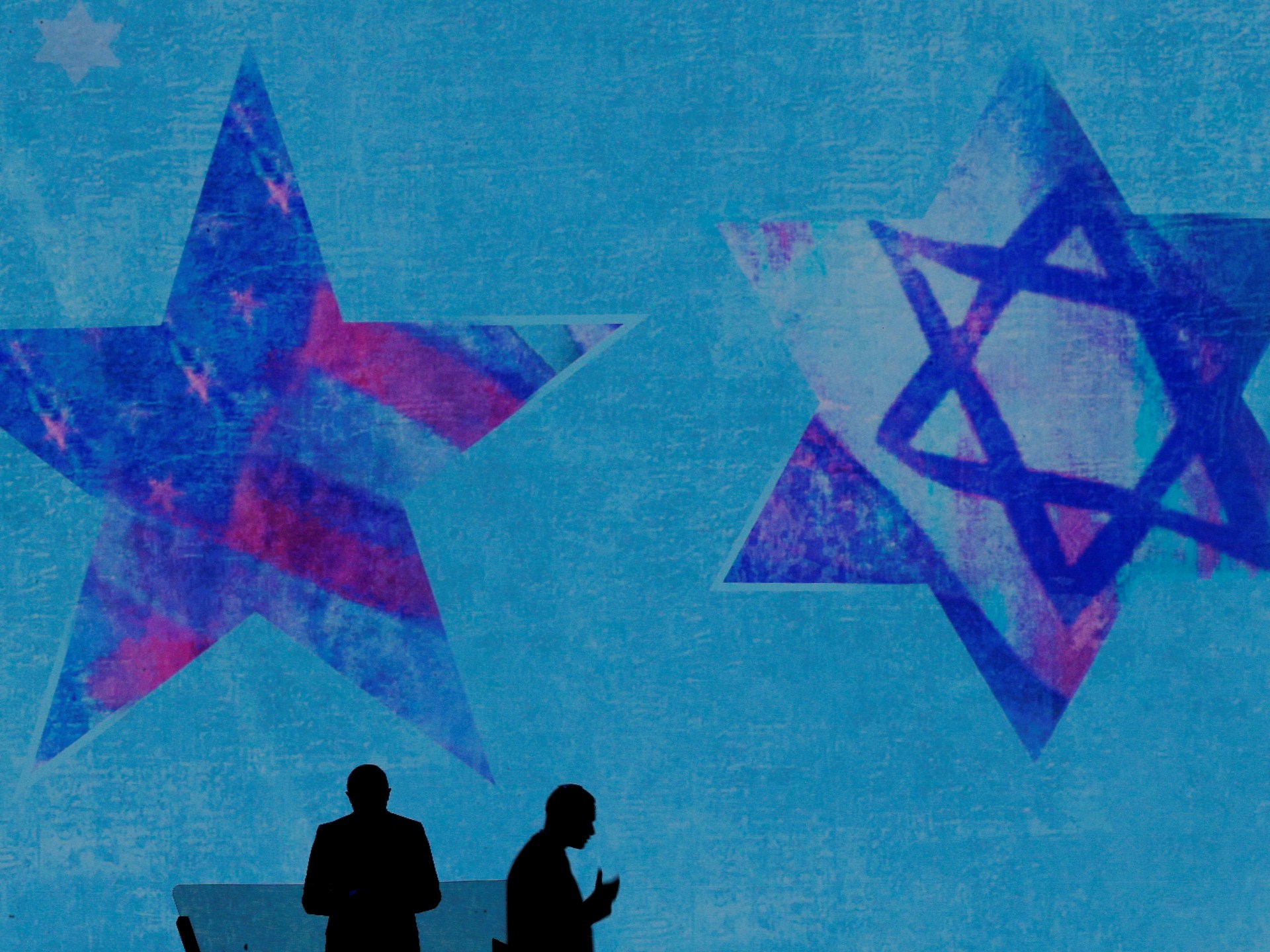Free trade agreement has helped U.S.-Israel trade grow more than 8-fold since it came into effect (Reuters)
Before the end of 2023, US President Joe Biden extended Israel's tariff-free mutual trade terms and privileges on many agricultural products for a year ending on December 31, 2024. A White House statement said the extension would allow additional time for the two governments to strike a deal to replace a 2004 trade deal regulating the exchange of agricultural products between the two countries.
A free trade agreement between the United States and Israel has been in place since 1985, and was the first free trade agreement ever entered into by the United States, and the free trade agreement between the two countries remains in force.
The United States later signed 20 free trade agreements with countries from different continents, including 3 Arab countries: Jordan, Oman and Morocco. Although the agreement with Israel is the oldest, it was not as comprehensive as the most recent free trade agreements, and was limited mainly to facilitating trade and investment between the two countries. That agreement eliminated duties on most manufactured goods traded between the two countries, but did not address agricultural products, to protect U.S. farmers.
The free trade agreement has helped trade between the two countries grow more than 8-fold since its inception, and has become a very important tool to support the Israeli economy.
More than $50 billion
Official data available to the Office of the US Trade Representative indicates that the volume of exchange of goods and services between the two countries exceeded $ 50 billion in 2022. U.S. exports amounted to $20 billion, imports amounted to $30.6 billion, and the trade deficit for U.S. goods and services with Israel amounted to $10.7 billion.
The United States has a firm commitment to Israel's security in the form of full military support since October 7 (social media)
U.S. companies exported $14.2 billion in goods and $5.8 billion in services to Israel. Major exports included machinery, mechanical appliances, glass, metals and chemicals, and U.S. services exports to Israel focused on transportation, travel and financial services.
On the other hand, Israeli companies exported $21.4 billion of goods, mainly fertilizers, precious stones, electronics and medical products, and $9.2 billion of services to the United States in the same year. Foreign direct investment of Israeli companies amounted to $10.6 billion in 2022 in the US market, mainly in real estate, financial hedge institutions and manufacturing.
US foreign direct investment (FDI) in Israel reached $ 42.5 billion in 2022, and US direct investment in Israel is directed to the fields of manufacturing and information technology, professional, scientific and technical services.
Since the signing of the FTA in 1985, the United States has become Israel's largest trading partner, after trade in bilateral goods and services grew eightfold. To facilitate economic cooperation, the Joint Economic Development Group (JEDG) meets annually to discuss economic partnership and areas for potential growth. The United States and Israel also coordinate through several mechanisms, including the Science Foundation, the Agricultural Research and Development Foundation, the Manufacturers Research and Development Foundation, and the American Israel Education Foundation. Last July, the United States and Israel held a high-level strategic dialogue on technology to partner in critical and emerging technologies to address global challenges.
Security assistance and cooperation
The United States has an unwavering commitment to Israel's security, evident in full military support since Oct. 10, backed by massive security assistance to Israel, including a 38-year, $3 billion ($8.2016 billion annually) memorandum of understanding signed in 3. In line with that memorandum of understanding, Washington provides $3.500 billion annually in military funding and an additional $<> million in missile defense funding.
AIPAC promotes the argument that Israel invests in the US economy, creates jobs and encourages innovation (French)
Missile defense funding supports many cooperative missile defense programs, and since 2022, Washington has been providing an additional billion dollars in supplementary funding to replenish Israel's stockpile of Iron Dome interceptor missiles. As of 2020, the United States has provided Israel with $146 billion worth of military aid (excluding inflation according to Congressional Research Service data), and some experts estimate the total value of the aid adjusted for inflation to reach $236 billion.
Promotion of Israel. and an American guarantee for its economy
AIPAC, the largest Israel lobby organization in the United States, promotes that "Israel invests in the American economy, creates American jobs, and encourages American innovation." AIPAC notes that Israeli direct investment in the United States employs nearly 100,<> Americans. At the same time, AIPAC highlights that the United States is the largest investor in Israel.
Israel offers a strong opportunity to do business for more than two thousand and 500 U.S. companies. Israeli companies are the second-largest exporter of foreign listing on the NASDAQ after China, more than Indian, Japanese and South Korean companies.
For decades, Washington has provided Israel with billions of dollars in loan guarantees, initially extending until fiscal year 2005. Since then, Congress has extended the program 6 times, and the program currently runs through the end of fiscal year 2028. In general, Israel may view U.S. loan guarantees as a last resort in the event of deteriorating economic conditions, as it could use its treasury if unsecured domestic and international bond issuances become too expensive.
Israeli officials believe that although they have not used loan guarantees in the past 18 years, maintaining the program strengthens the country's financial position among international creditors in capital markets, especially in periods of tension such as those Israel has been witnessing since the start of the Al-Aqsa flood.
Source : Al Jazeera

